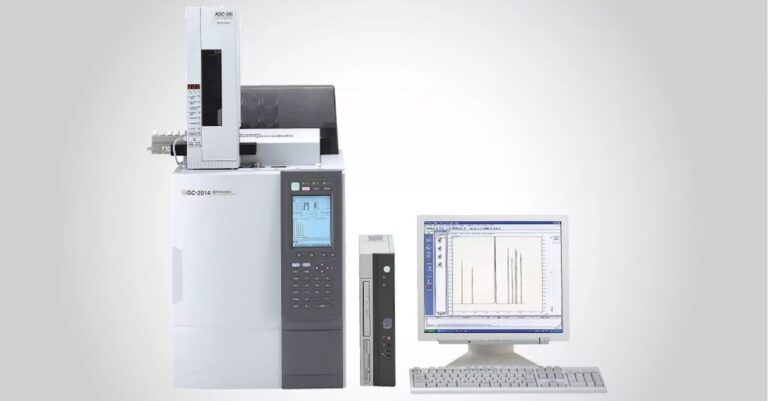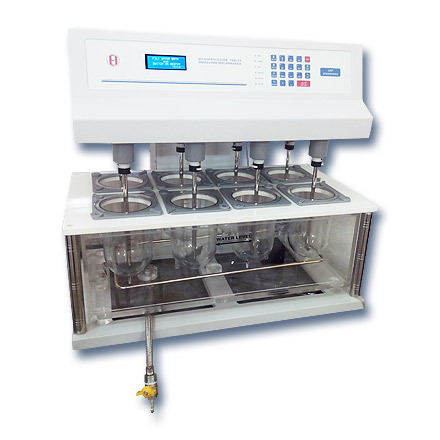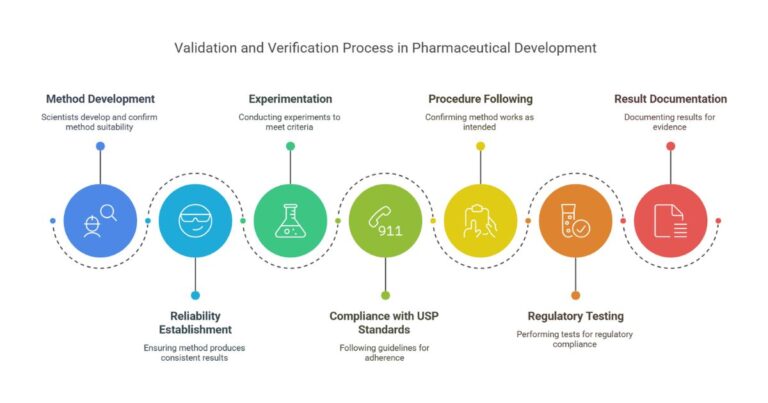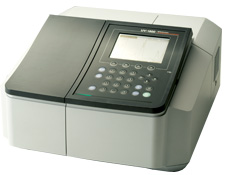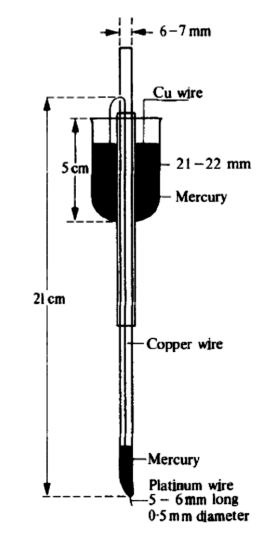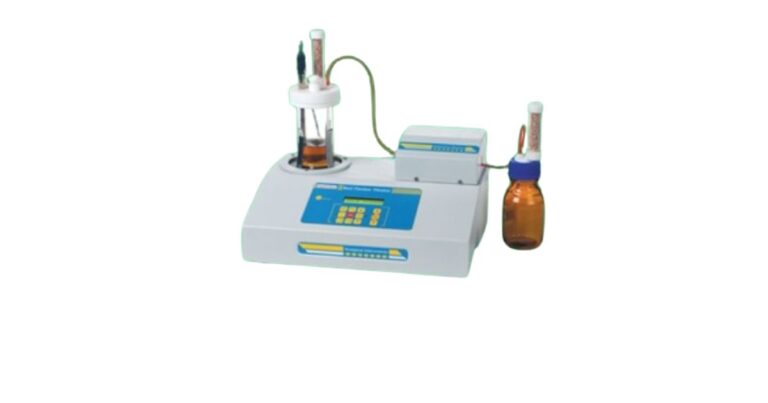Principle of Autoclave and SOP for Pharmaceutical Sterilization
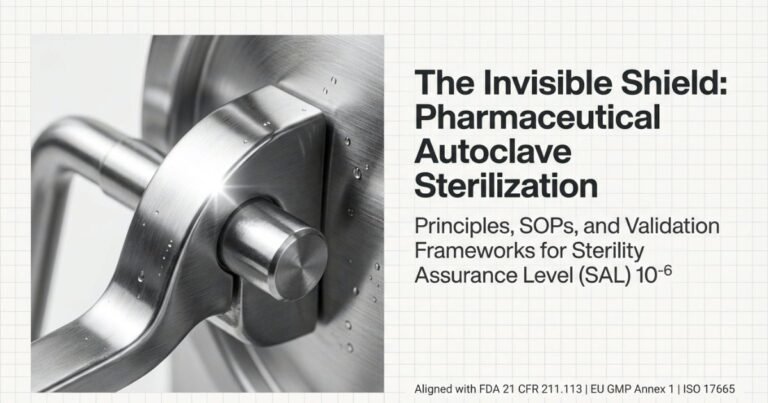
An autoclave is a critical piece of equipment in pharmaceutical manufacturing and microbiology laboratories that achieves sterilization through moist heat under controlled pressure. The principle underlying autoclave sterilization—moist heat sterilization—works by generating saturated steam at temperatures of 121–134°C and pressures…



